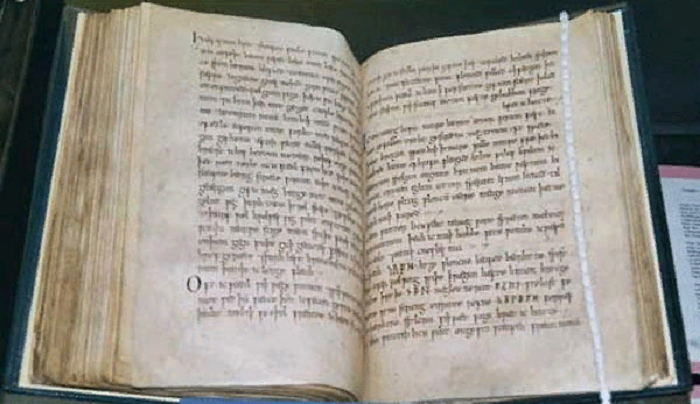Greek literature is one of the most influential and celebrated literary traditions in the world. Greek writers, from ancient epics to modern prose, have left an indelible mark on the literary landscape. Let’s take a closer look at the history and evolution of Greek literature.
Ancient Greek literature
The earliest known works of Greek literature date back to the 8th century BC and include epic poetry such as Homer’s Iliad and Odyssey. These verses were originally sung or recited by the people and were later written down. They tell the story of the Trojan War and the adventures of the Greek hero Odysseus, respectively.
Other notable works of ancient Greek literature include the plays of Aeschylus, Sophocles, and Euripides. These tragic plays explore the themes of fate, justice and human conditions. The comedies of Aristophanes, on the other hand, satirize Greek society and politics.
The philosophy of ancient Greece also had a profound effect on literature. Plato’s Republic and Aristotle’s Poetics are two of the most influential works in Western philosophy and have had a major impact on literary theory.
Greek Literature in the Byzantine Era
After the fall of the Western Roman Empire, the Byzantine Empire continued the literary tradition of ancient Greece. The most famous writer of this era was the historian and scholar Procopius, who described the reign of the Byzantine emperor Justinian.
The Byzantine era also saw the emergence of a new literary genre: hagiography. These were biographies of Christian saints that often included elements of ancient Greek mythology and literature.
Greek Literature in Modern Times
Modern Greek literature has its roots in the Greek War of Independence in the early 19th century. The poems of Dionysios Solomos, including the Greek national anthem «Hymn to Liberty», are among the most famous works of this period.
In the 20th century, Greek literature produced some of the most important and celebrated writers of the era. Nikos Kazantzakis, author of Zorba the Greek and The Last Temptation of Christ, explored the themes of spirituality, humanism, and existentialism. The poet Constantine Cavafy wrote about the ancient Greek world and its legacy in modern times.
Greek literature has a rich and varied history spanning over three thousand years. From the epic poems of Homer to the contemporary works of Kazantzakis and Cavafy, Greek writers have left a lasting legacy that has influenced literature and philosophy throughout the world.






Оставить ответ